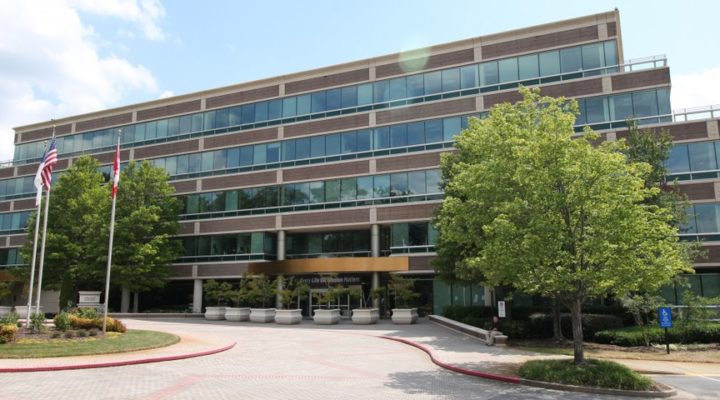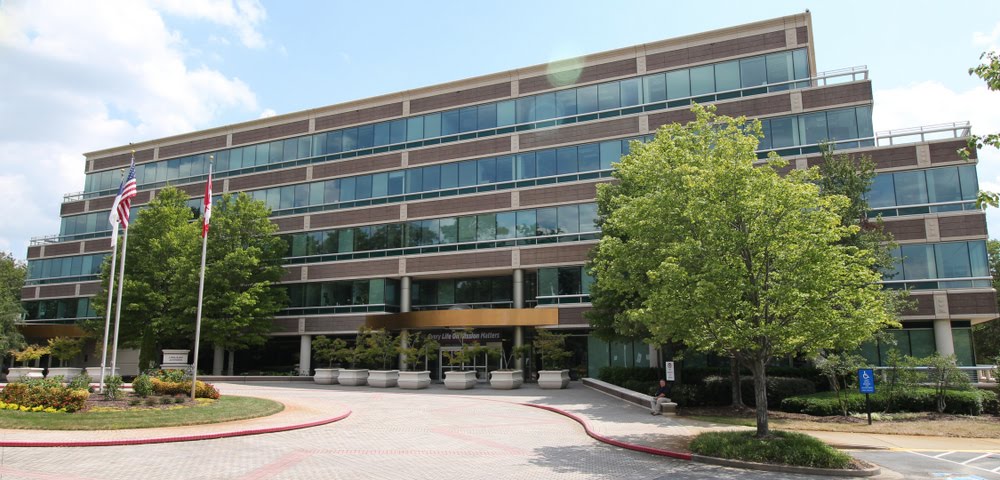After five years of legal wrangling, a new date has been set for the case brought by Will McRaney against the Southern Baptist Convention’s North American Mission Board. And that date, ironically, falls the week before the SBC annual meeting.
McRaney vs. North American Mission Board will go to trial June 5 in the U.S. District Court for the Northern District of Mississippi. That is six days before the SBC annual meeting in New Orleans. The case originally was to be heard in April, but NAMB asked for a delay.

Will McRaney
The judge in the case also has broadened the scope of admissible evidence, against the wishes of NAMB attorneys who wanted to limit discovery to a period between 2013 and 2016.
Judge David A. Sanders wrote: “NAMB is now required to respond to the plaintiff’s request for production of documents #3 seeking all documents mentioning and referring to the plaintiff, including NAMB’s communications with others about the plaintiff, from January 1, 2017, through the present date.”
That is significant for McRaney because one of his allegations is that after the Baptist Convention of Maryland and Delaware fired him as executive director in June 2015 — he alleges under threat of defunding from NAMB if they didn’t — NAMB leaders defamed him and caused him to lose speaking engagements in other venues from that time forward.
NAMB now will be required to produce letters, emails and other communications related to McRaney in the period after his termination.
NAMB now will be required to produce letters, emails and other communications related to McRaney in the period after his termination. Although he was fired in June 2015, he did not file his suit against NAMB until 2017, after he says it became apparent NAMB officials had sought to prevent him from getting work with churches and Baptist groups.
The root of the conflict is NAMB’s effort to change the way state and regional Baptist conventions relate to the national mission board, ending a long history of cooperative relationships in favor of a national and direct-service strategy from NAMB. McRaney resisted that change in the Maryland-Delaware convention.
The court denied McRaney’s request that text messages from and to NAMB officials concerning him be brought into evidence. But most every other form of communication — not just from NAMB staff but also from NAMB trustees — now must be produced.
The judge wrote: “NAMB is ordered to supplement all discovery responses to include information from members of its board of trustees who are identified in its initial disclosures and/or identified in its privilege log. With respect to this production, NAMB is ordered to comply with the plaintiff’s definition of ‘documents’ as set forth in its discovery requests, excluding the production of text messages, that are relevant to the claims and defenses in this action from January 1, 2013, to the present.”
The court also accepted a new 13-page supplemental pleading from McRaney that summarizes the complaint against NAMB and highlights some of the existing evidence in the case.
The pleading says NAMB officials had threatened to take away partnership funding for the small two-state convention unless McRaney was terminated and then documents that within hours of his resignation, NAMB restored the lost funding.
A key component of McRaney’s case is that he never was an employee of NAMB and therefore is not subject to the ministerial exemption that prevents most clergy from filing suit for wrongful termination. His contention is that NAMB was an outside party to his employment and if the SBC entity could force his termination, it also could make similar demands of other state conventions and even local churches.
NAMB has sought to shield itself using the ministerial exemption.
The supplemental pleading names individuals and organizations that were set to hire McRaney for consulting or speaking work but who rescinded those invitations out of fear of retaliation from NAMB.
The pleading contends that NAMB officials acted against McRaney with “actual malice.”
A key component of the case, and a reason it is being closely watched by other religious bodies, concerns the scope of ecclesial authority and connectedness. While the SBC bills itself a network of fully autonomous entities, NAMB’s defense has at times belied that claim.
Unless a settlement is reached before then, all these charges will be aired in a public trial just days before — and potentially overlapping — next summer’s SBC annual meeting.
Related articles:
Seven years later, Will McRaney might get his day in court against NAMB — maybe
McRaney case against NAMB must proceed for now, U.S. district court rules
Supreme Court rejects NAMB’s request, sending McRaney case back to trial
SBC agency’s appeal to Supreme Court touches on religious liberty, defamation and Baptist autonomy


